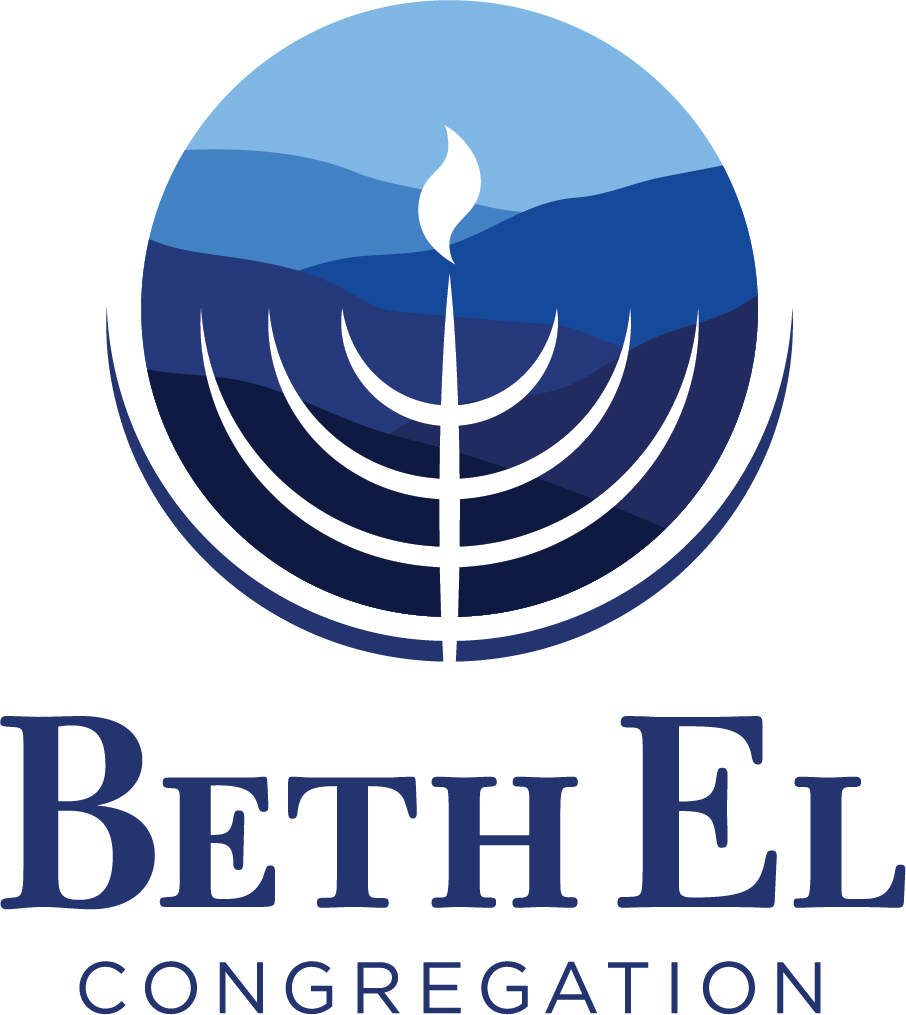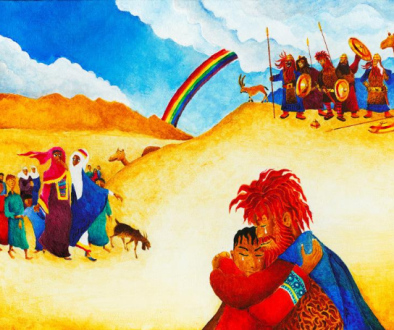D’var Torah – August 30
Shabbat Shalom!
I hope this finds you all well.
If you’re ever in Medellin, Colombia, there’s a neighborhood named “Barrio Pablo Escobar.”[1] Yes, it’s named after that Pablo Escobar. The question begs, why? Why would the people of the area name their community after such a violent narco-trafficker who held the country hostage in his years-long wave of violence? Well, for the impoverished people of Medellin, he built schools, soccer stadiums, and health clinics.[2] To this day he remains a folk hero in Medellin, with giant murals of him painted on buildings and walls, and residents keeping shrines dedicated to his memory in their homes.[3]
So, did Escobar do good for the poor of Medellin? Yes, he did.
Were all those schools, soccer fields, and health clinics built on the blood and mangled bodies of the thousands of brave and noble Colombian politicians, judges, prosecutors, police officers, and innocent civilians and bystanders he butchered, the women and children he left widowed and orphaned, and the countless victims around the globe that he poisoned with his cocaine? Without a single, solitary doubt- yes.
In this week’s parsha of Re’eh*, we are told that if a city turns to idol worship, it should be completely destroyed (never to be rebuilt) and that no benefit should be derived from it.[4] For example, no stones from the city should be used to construct new buildings and no valuables should be brought back as a spoil or prize. In essence, everything is contaminated by idolatry and therefore needs to be consumed by fire.
These mitzvot are clear-cut, and black-and-white.
Some might argue that this is easier said than done. For instance, what if a leading cancer-hospital that saves lives everyday finds out that its leading mega-donor has made their fortune through illegal and immoral means. Are they supposed to give the money back? After all, did those ill-gotten gains not save lives?
So, at what point does the moral price tag become too high for the monetary donation?
Sometimes the answers are not easy; but yet, we still have an obligation to make a decision, believe in that decision, be able justify that decision to ourselves and God, and stand by that decision and its consequences in judgement for all time.
I often find solace in a quote by Jewish CEO and author Ben Horowitz: “Every time you make the hard, correct decision you become a bit more courageous and every time you make the easy, wrong decision you become a bit more cowardly.”[5]
May God Bless us as we wrestle with Torah.
Wishing you all a Good Shabbos and a great weekend.
Bivrakha,
From the desk of: Rabbi Aaron Stucker-Rozovsky
Beth El Congregation | 520 Fairmont Ave, Winchester, VA 22601
(540) 667-1889 (office)

